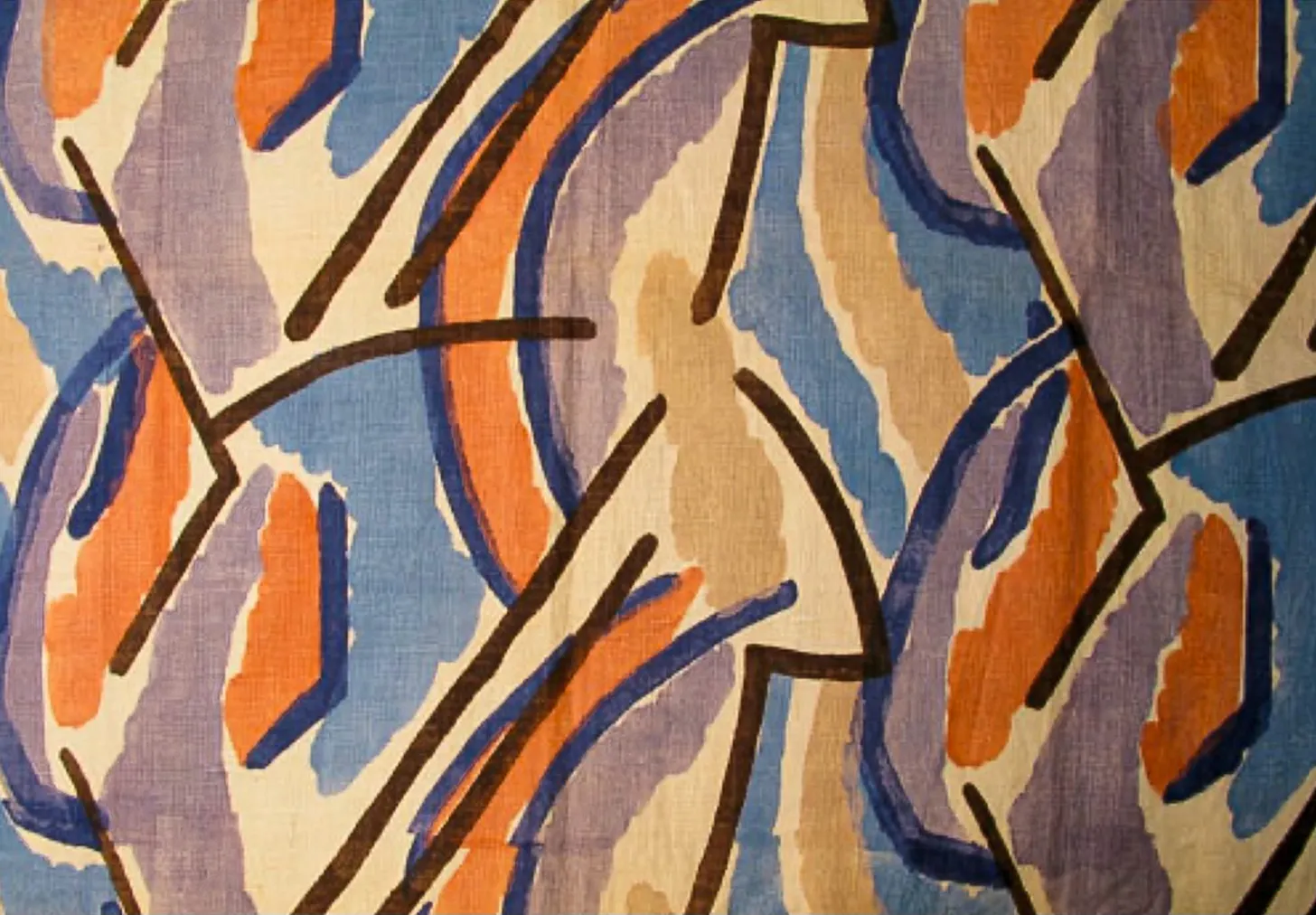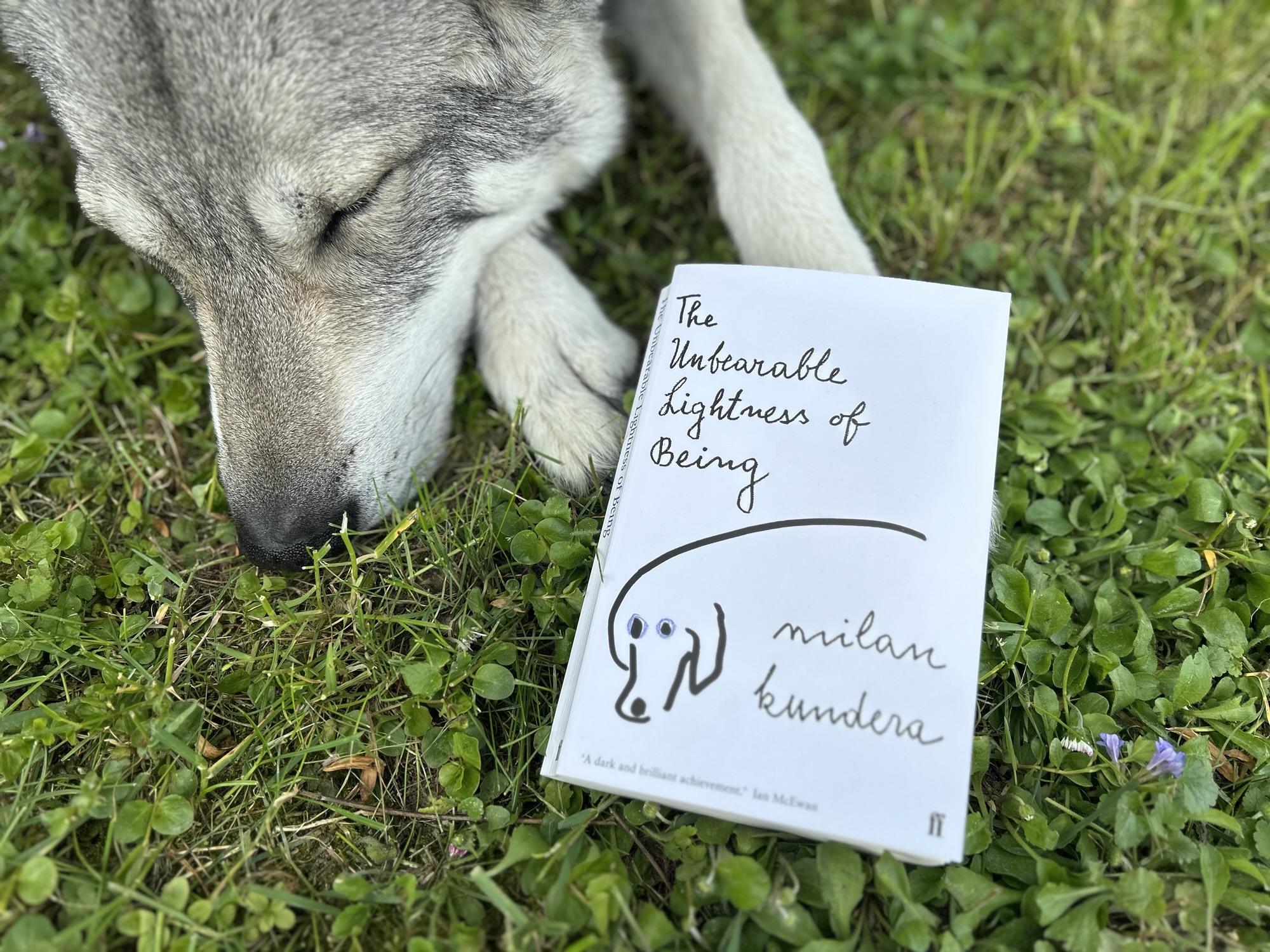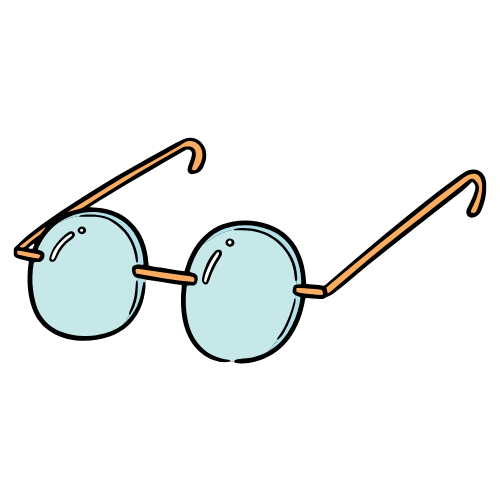I love to tell the story of how the relationship with my now-husband started. Reading Milan Kundera’s 1984 novel The Unbearable Lightness of Being is just the perfect chance because the of the philosophical concepts the novels draws on. Two couples search for love and stability in the face of questions such as meaning of life, the weight life has in face of its ephemeral lightness, and whether personal choice matters when it cannot be repeated. Is lightness freedom or futility? Is weight responsibility or burden? Are our lives unique and unrepeatable or do we move along train tracks which fate set out for us long time before we even existed? Entangled questions rising of an entangled, yet strangely readable novel.
the people of the unbearable lightness of being
I have been thinking about Tomas for many years. But only in light of these reflections did I see him clearly. I saw him standing at the window of his flat and looking across the courtyard at the opposite walls, not knowing what to do.
translated by Michael Henry Heim
While progressing with the reading I started getting the distinct feeling that there are no characters populating the novel, only people. The book is formed of 7 sections, so well distinguished that each can be very well read by itself. Sure, reading everything gives you the sense of the entire lives of the people, but reading just one section zooms in to a certain period of their lives and the beliefs they hold at the time. The story itself is drifting off essayistic passages and philosophical beliefs which the narrator (author? Kundera?) holds. In literary theory you learn to separate the narrator from the author, but this novel seems to invite us to do the opposite – as if Kundera himself believes each unrepeatable life holds meaning and he explores the consequences of his belief through the lives of the people in his novel.
5 sections of the book tell the story of Tomas and Tereza. Tomas, the womanizing surgeon, wants love without responsibility and sex without emotional ties. Tereza, his very opposite and his wife, craves only for Tomas’ love and presence. Tomas is very much in love with her, and he feels that’s how his life is supposed to pan out. The two meet in Prague and, in the wake of the 1968 Russian invasion of Czechoslovakia they move to Zürich, in Switzerland. But Tereza can’t stand Tomas’ continuing infidelity and moves back to occupied Prague. Feeling he must, as if drawn by destiny, Tomas soon follows and that costs him his career.
The remaining 2 sections tell the story of Sabina and Franz. Sabina is a free artist who embraces betrayal as a form of freedom. She cuts ties with her mother and her country to seek an outlet for her artistry in Geneva, in Switzerland. That’s where she meets Franz, married and with a daughter, and the two begin a relationship. Franz is a naïve idealist – he hates cheating on his wife and believes if he tells her the truth, he will be freed. He is freed in a sense but ironically, at the end of his life, it is she who buries him. Franz and Sabina are fundamentally incompatible, and their relationship means something different for each of them.
Books always leave more to uncover. Subscribe to get more reflections and interpretations delivered by email.
the irony of the unbearable lightness of being
‘It can’t be Tolstoy’, Tereza said. ‘It’s a girl, how about Anna Karenina?’
‘It can’t be Anna Karenina’, said Tomas. ‘No woman could possibly have so funny a face. It’s much more like Karenin. Yes, Anna’s husband. That’s just how I’ve always pictured him.’
translated by Michael Henry Heim
The Unbearable Lightness of Being is of course a story of infidelity and it screams its statute out loud at the very beginning – Tereza travels to Prague by train accompanied by a copy of Anna Karenina and the dog Tereza and Tomas adopt is called Karenin. But can this statement be taken at its face value? I say absolutely not. In his essays on the art of the novel Kundera draws on Tolstoy’s art, and in this novel he does even more. He inverts and ironizes infidelity in marriage. Anna Karenina is the tragic heroine who throws herself under a train for love and Karenin is her cheated husband. In Kundera’s novel Karenin is a neutered female with a man’s name who brings structure and stability to Tereza’s life. This is homage, but it’s also saying that things in life are never simple.
Throughout the novel, irony destabilizes every moral assumption. Infidelity and betrayal are very much part of the lives of Sabina and Franz, too, and each of them deals differently with the situation. For Sabina, betrayal is a way of life. She stays true to herself by carving her own path and betraying the hypocrisy of her church and her home country, and, in the end, her relationship to Franz. Franz, on the other hand, is quite pitiable in his attempt to “live in truth”. He does so by leaving his wife and moving to a modest apartment with his “student-mistress”. But you can’t judge either of them. The more we try to find the lightness and weight in each of the characters’ lives, the more the definitions collapse under their own lack of being able to stay consistent.
It had taken six chance happenings to push Tomas towards Tereza, as if he had little inclination to go to her on his own. He had gone back to Prague because of her. So fateful a decision resting on so fortuitous a love, a love that would not even have existed had it not been for the chief surgeon’s sciatica seven years earlier.
translated by Michael Henry Heim
I got drawn away by the novel and never really managed to tell the story of how me and my husband hit it off. It was prosaic, really. We just happened one day to get breakfast at the same place and while standing in line we just started talking to each other, about the weekend and so on. It soon turned out we were both into metal and that sealed the deal. What I will never know though is do I owe my happiness to a pure chance encounter? If so, shivers of fear cross my spine thinking that literally anything in the world could have prevented me from being then and there, at that breakfast spot. Anything. But nothing did. Because clearly we were always meant to have met, and nothing could have prevented us. So which one is it? Is it fate which keeps us locked onto the single one and possible path? Or is our happy life the product of one single chance encounter out of the infinitely possible?
Kundera writes in an essay that we are prisoners of our own destiny and destiny has no responsibility for us. “Destiny weighs us down, like an iron ball chained to our ankles”, he writes. This metaphor of the forceful destiny mirrors the characters’ struggle with their own choices, and irony adds another layer – while they long for freedom, they find themselves trapped by their own desires. There is and there can’t be any certainty, really. Just the choices we make and how they shape our one and only life, which offers no opportunity for practice.






your thoughts?